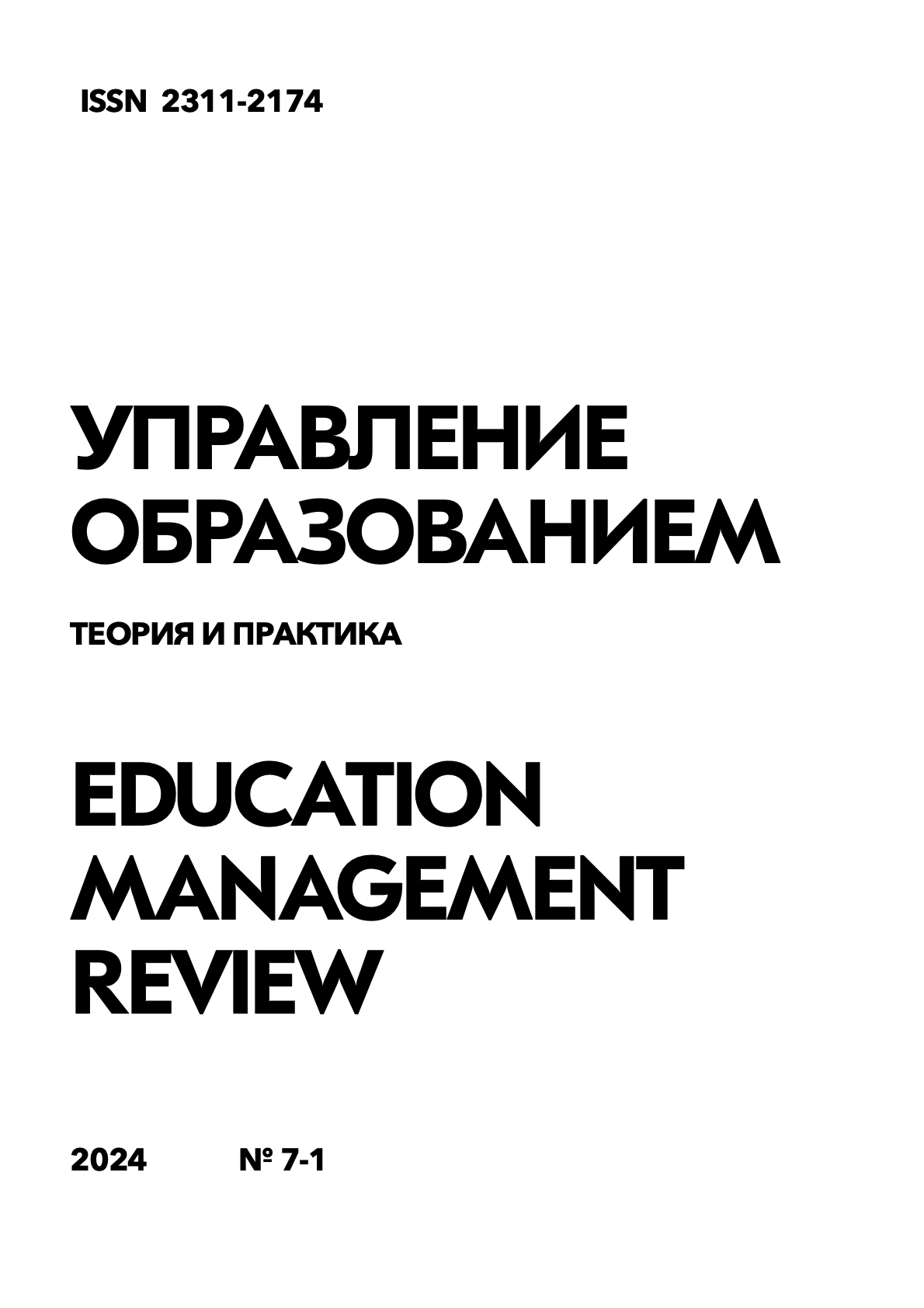Verbal representation of the concept of "disease" in English-language works of art
Keywords:
the concept of , English-language literature, linguistic conceptology, text interpretation, empathy development, literary medicine, language education.Abstract
This article is devoted to the study of the verbal representation of the concept of "disease" in English-language fiction and its role in the educational process. The purpose of the study is to identify the key language tools used to reveal this concept and analyze their potential for the development of critical thinking and empathy among students. The methodology of the work includes a comprehensive linguistic analysis of relevant text fragments from 20 English-language novels of the XX-XXI centuries, as well as a pedagogical experiment involving 50 students of philological specialties. The results demonstrate that the concept of "disease" is verbalized through a wide range of lexical, semantic and stylistic means, such as medical terminology, metaphors, euphemisms, etc. The inclusion of selected fragments in educational materials contributes to the deepening of students' understanding of the multidimensional nature of the disease phenomenon, the development of their semantic reading and text interpretation skills. In addition, working with "painful" narratives has a positive effect on the emotional intelligence of students, their ability to empathize and comprehend existential issues. The obtained data open up prospects for the introduction of "literary medicine" into the practice of teaching English and literature at the university.
References
Barnard D. Chronic illness and the dynamics of hoping. Eds. by S.K. Toombs, D. Barnard, R.A. Carson // Chronic Illness: from experience to policy. Bloomington: Indiana University Press, 1995. pp. 38-57
Bonnanno G.A. Loss, trauma, and human resilience: Have we underestimated the human capacity to thrive after extremely aversive events? // American Psychologist. 2004. № 59(1). рр. 20-28.
Charon R. Narrative medicine: honoring the stories of illness. Oxford: Oxford University Press, 2006.
Charteris-Black J., Seale C. Gender and the Language of Illness. L.: Palgrave Macmillan, 2010.
Clow B. Who's afraid of susan sontag? Or the myths and metaphors of cancer reconsidered. Social history of medicine. 2001. № 14(2). рр. 293-312.
Frank A.W. The Wounded storyteller: body, illness, and ethics. Chicago: University of Chicago Press, 1995.
Hawkins A.H. Reconstructing Illness: Studies in Pathography // West Lafayette: Purdue University Press. 1999.
Hydén, L.C. Illness and narrative // Sociology of Health & Illness, 1997. № 19(1). рр. 48-69.
Jurecic A. Illness as narrative. Pittsburgh : University of Pittsburgh Press, 2012.
Kleinman A. The Illness narratives: suffering, healing, and the human condition. NY: Basic Books, 1988.
Kövecses Z. Metaphor and emotion: language, culture, and body in human feeling. Cambridge: Cambridge University Press, 2000.
Mishler E.G. The discourse of medicine: dialectics of medical interviews. Norwood, NJ: Ablex, 1984.
Sontag S. Illness as Metaphor. NY: Farrar, Straus and Giroux, 1978.
Toombs S.K. The Meaning of illness: a phenomenological account of the different perspectives of physician and patient. Dordrecht: Kluwer, 1992.
Weston W.W. Teaching literature to medical students and residents. Eds. by P. Blessinger, J.M. Carfora // Innovations in higher education teaching and learning. Vol. 15. Emerald Publishing Limited, 2018. pp. 19-35.
Downloads
Published
How to Cite
Issue
Section
License

This work is licensed under a Creative Commons Attribution-NonCommercial-NoDerivatives 4.0 International License.




